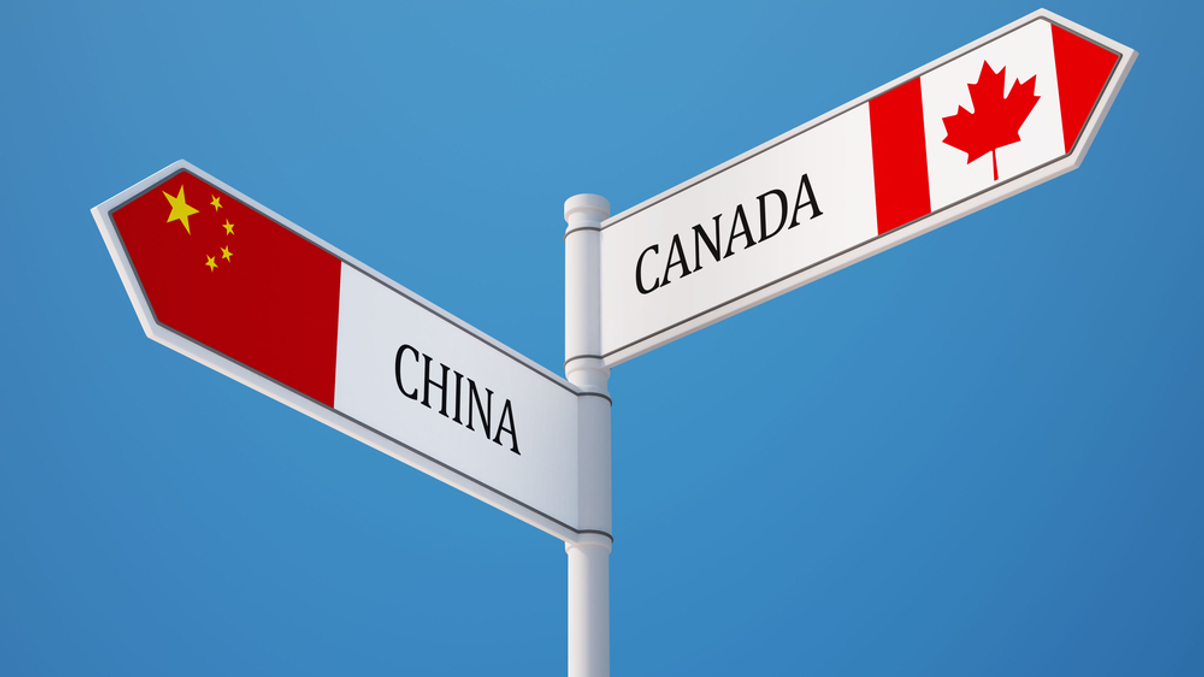Canada’s pension funds ditch Chinese private equity
CDPQ and OTPP have no plans to return to the sector, following a pull-out earlier in the year. These moves come after a sharp acceleration in China allocations by Canada's institutional investors over the past decade.

Canada’s leading pension funds have no plans for private equity investing in China, following a withdrawal from the sector earlier this year.
Sign in to read on!
Registered users get 2 free articles in 30 days.
Subscribers have full unlimited access to AsianInvestor
Not signed up? New users get 2 free articles per month, plus a 7-day unlimited free trial.
¬ Haymarket Media Limited. All rights reserved.


